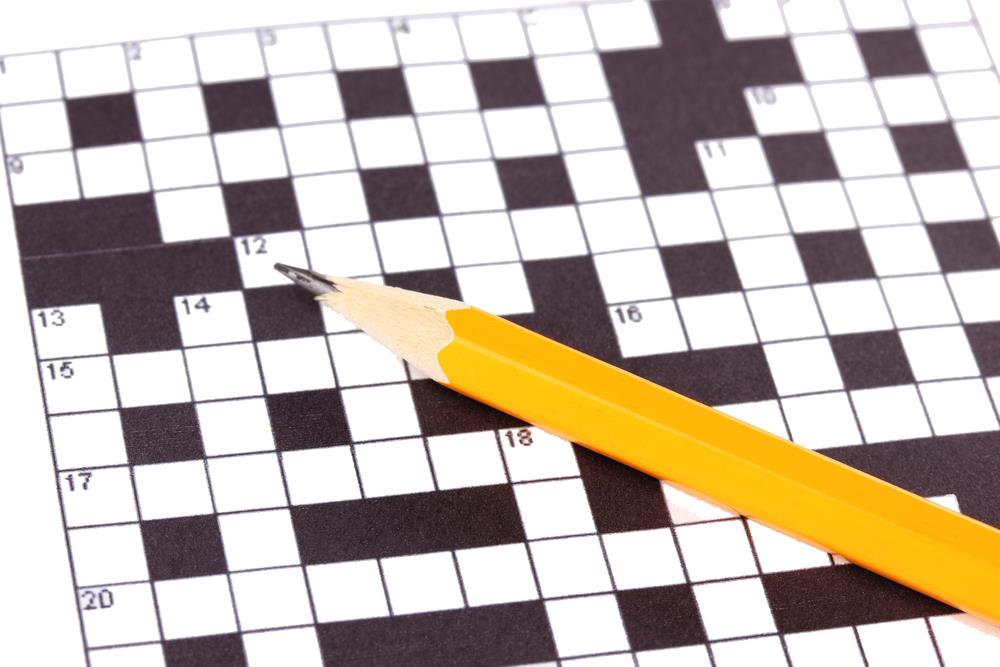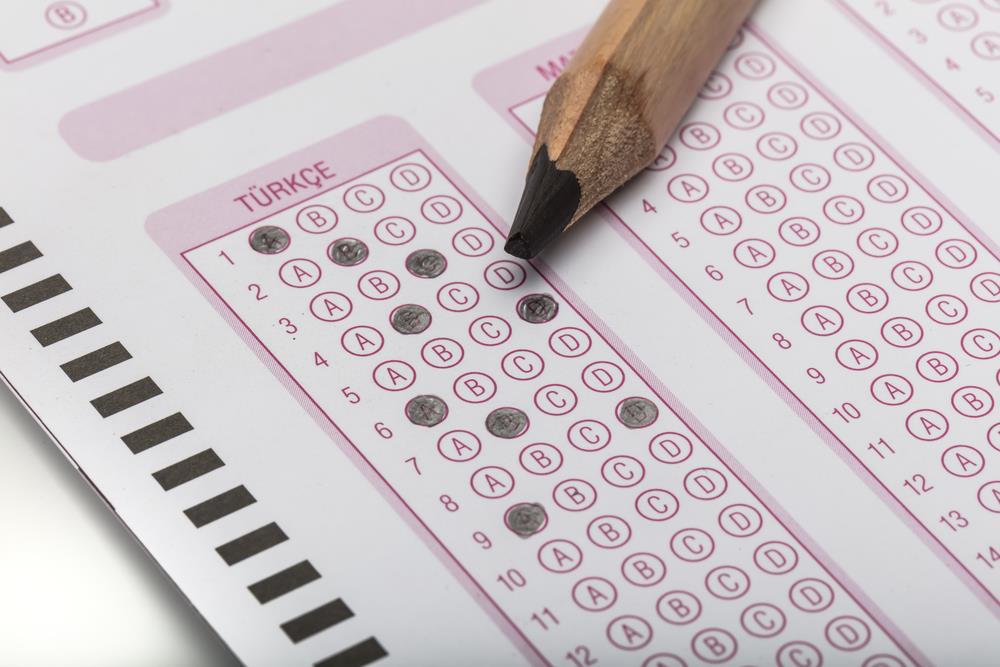Motors and Motor Control

Introductory Offer

Refer a Friend
Learning Objectives
On completion of this course:
You will learn the characteristics and operation of a DC motor.
- Introduction
- Basic Priciple
- The Motor Effect
- The Commutator
- Parts of a DC Motor
- Stator – Generating the Magnetic Field
- Rotor - Armature
- Commutator
- Brushes
- Motor Speed
- Motor Torque
- Motor Power
- Permanent Magnet Motors
- Series Wound DC Motors
- Shunt Wound DC Motors
- Brushless DC Motor










Learning Objectives
On completion of this course:
You will learn the characteristics of AC induction motors.
- Introduction
- An Induction Motor
- Motor Speed
- Synchronous Speed
- Starting
- Acceleration
- Slip
- Motor Power
- Motor Torque
- Torque and Speed
- Torque Characteristics










Learning Objectives
On completion of this course:
You will learn the starting of single-phase AC motors.
- Introduction
- Starting a Single-Phase Motor
- Permanent-Split Capacitor Motor
- Capacitor-Start, Induction-Run Motor
- Centrifugal Switch
- Resistance Split-Phase Motor
- Shaded-Pole Motor










Learning Objectives
On completion of this course:
You will learn about speed control of 3-phase induction motors.
- Introduction
- Controlling the Speed
- Speed Equations
- Pole Changing
- Frequency Changing
- Frequency and Voltage
- Variable frequency drive (VFD)
- Pulse Width Modulation (PWM)
- Slip and Torque Control










Learning Objectives
On completion of this course:
You will learn about the components used to connect a motor to the power supply.
- Introduction
- A Simple Motor Control Circuit
- Switches
- Push Buttons
- Cam Switches
- Contactor
- Circuit Protection
- Overload Conditions
- Fuses
- Circuit Breakers
- Thermal Relay
- Interlocking
- Star – Delta Starting










Learning Objectives
On completion of this course:
You will learn the methods of motor starting and control.
- Introduction
- Starting
- Magnetic Contactor
- A Simple Starting Circuit
- Start-Up
- Soft Starting
- Primary Resistance Starting
- Part Winding
- Electric Drives
- 3-Phase Induction Motor
- 3-Phase Speed Control
- DC Motor
- DC Speed Control










Learning Objectives
On completion of this course:
You will learn how motors are connected to an electrical supply.
- Introduction
- The Switch
- Contactor
- Contactors
- A Simple Motor Control Circuit
- The Power Circuit
- The Control Circuit
- Direct In-line Starting Circuit
- Reversing Circuit










Learning Objectives
On completion of this course:
You will learn the operation of some control components and about how simple components form motor control systems.
- Introduction
- Delay Relays
- Delay Relays for Soft-Starting
- Thermal Protection Relays
- Star-Delta Reversing System – Load Circuit
- Normal Running (Delta Connection)
- Soft-Starting (Star Connection)
- Star-Delta Reversing System – Control Circuit
- Forward with Reverse Interlock
- Reverse with Forward Interlock
- Star and Delta Contactors
- Soft-Start Timer Delay – Initial Period
- Soft-Start Timer Delay – Subsequent Running










Learning Objectives
On completion of this course:
You will learn about the safety requirements for motor installations and how motor soft-start systems operate.
- Introduction
- Inrush Current
- Soft-Starting Systems
- Resistors in Series
- Kusa Circuit
- Part Windings
- Star-Delta Switching
- Electronic Soft-Start
- Motor Protection Devices
- Protection Device Parameters
- Soft-Start Requirements – Peak Current
- Soft-Start Requirements – Current Duration
- Installation Safety
- Wiring Safety
- Control Circuit Requirements










Learning Objectives
On completion of this course:
You will learn how to use of interlocks in machine systems,how a control circuit with interlocks operates.
- Introduction
- Interlocks and Prioritisation
- Forward and Reverse Interlocks
- Make and Break Sequencing
- Position Limit Switches
- Position Limit Interlocks
- Emergency Stop Switches
- Emergency Stop and Open










Learning Objectives
On completion of this course:
You will learn about the use of different motor protection systems and how motor protection devices interface with the control circuit.
- Introduction
- Fuses
- Fuses in Circuits
- Circuit Breakers
- Circuit Breakers in Circuits
- Circuit Breaker Parameters
- Circuit Breaker Response Time
- Thermal Relay
- Thermal Relays in Circuits
- Motor Temperature Sensors
- Temperature Sensors in Motor Circuits
- Failsafe Operation
- Reset Mechanisms









